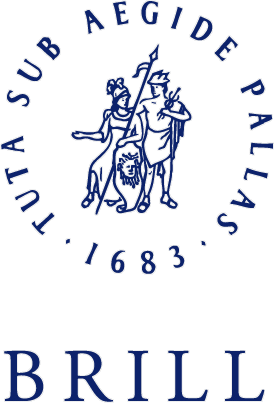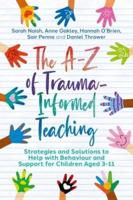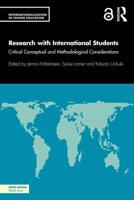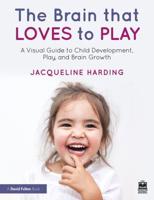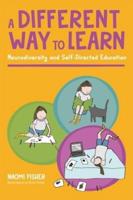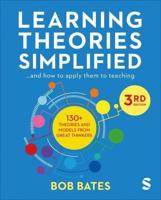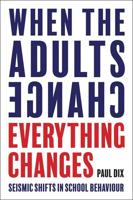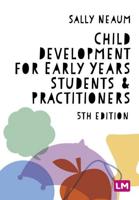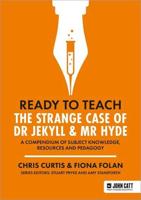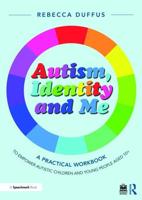Publisher's Synopsis
For more than three decades, the World Bank has been proposing global policies for education. Presented as research-based, validated by experience, and broadly applicable, these policies are ideologically driven, insensitive to local contexts, and treat education as independent of international dynamics and national and local economies and cultures. Target countries, needing resources and unable to generate comparable research, find it difficult to challenge World Bank recommendations.The World Bank and Education: Critiques and Alternatives represents a powerful challenge to World Bank proposals. Probing core issues—equity, quality, finance, privatization, teaching and learning, gender, and human rights—highlights the disabilities of neoliberal globalization. The authors demonstrate the ideological nature of the evidence marshaled by the World Bank and the accompanying policy advice.Addressing key education issues in developing countries, the authors' analyses provide tools for resisting and rejecting generic policy prescriptions as well as alternative directions to consider.Robert Arnove, in his preface, says, "Whether the Bank is responsive to the critiques and alternatives brilliantly offered by the present authors, the book is certain to influence development and education scholars, policymakers, and practitioners around the globe.".

